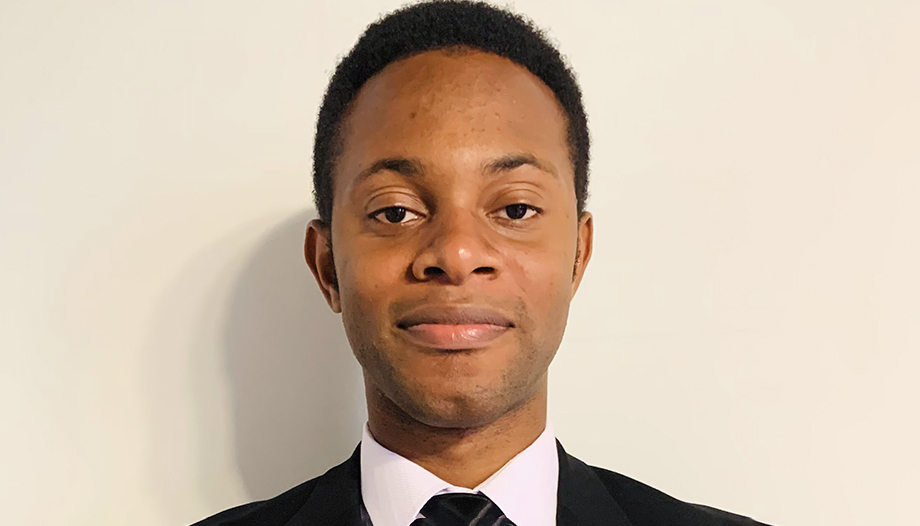He is studying his second year of theology in Rome. Originally from Ogbunike (Nigeria), John Paul Ebuka Oraefo was born into a Christian family with a deep-rooted Marian devotion, a key factor in his vocational process.
How did you discover your vocation to the priesthood?
-I was born into a family of practicing Catholics. My parents were especially devoted to the Virgin Mary. We participated in the "Rosary Crusade," a pastoral initiative in which we prayed the Holy Rosary and some other prayers for which the children of Fatima are known. In addition, my parents also wanted us to affiliate with the Legion of Mary. These Marian affiliations were very important in bringing me and my brothers closer to God through Mary. In addition, after every Sunday Mass, we would go to the priest to have him bless us before going home. This ignited my desire for the priesthood. I was about 6 years old when I became aware of this desire and made it known to my parents. They assured me that, if it was God's will, it would come to fruition. On September 13, 2008, at the age of 10, I was admitted to the minor seminary of the Catholic Archdiocese of Onitsha.
The Church in Nigeria still suffers persecution today. How do Christians live in these circumstances?
-The Church in Nigeria is still young and growing, adapting to the situations, challenges and circumstances of its time. Persecution is a threat that, historically, has accompanied the Church. The first Christians who suffered persecution in Rome probably did not know that that city would become the residence of Christ's vicar on earth and a city of pilgrimage.
Only God can bring good out of bad situations. This is my hope and the hope of many Nigerians suffering persecution in different parts of Nigeria. The faith of most Christians is still alive and I personally have not heard or seen anyone who has renounced their faith as a result of persecution.
How is the coexistence with other religious confessions?
-Nigeria is home to a myriad of religious denominations ranging from Christianity to Islam and traditional religion. The adherents of these religions are mainly ordinary Nigerians, some of whom are conditioned by the political, social and economic situation in Nigeria. I am convinced that the followers of these religions can live together, respecting each other's beliefs.
Personally, I have had a number of encounters with people of varied beliefs. I have studied and lived close to Muslims, most of whom are good friends of mine. I have also met some who practice the traditional religion. I am convinced that most of the problems people encounter with people of different religions are fueled by politicians who sometimes try to mix religion with politics for their own benefit. Unfortunately, this and much more has led to the emergence of terrorists and religious extremists who threaten and destroy the lives and properties of some Nigerians of different faiths and creeds. The fact that the government has not put a stop to this situation for almost a decade now is worrisome and perplexing.
What has studying in Rome given you?
–Studying in Rome has brought me many good things for which I will always be grateful to God, my bishop, my formators and the CARF Foundation. Studying in Rome has given me the privilege of meeting the Holy Father. It has allowed me to visit some of the places where the apostles and saints walked.
Academic studies are one of the four aspects of the formation I receive here in Rome. The others are human, spiritual and pastoral formation. The academic formation is received at the university and the human, spiritual and pastoral formation is received at the International Ecclesiastical College. Sedes Sapientiae, where I live. Studying in Rome unites me in a special way to the apostles and Christians who suffered for the faith, giving their lives as witnesses to their faith. I wish to return home with the same zeal, steadfastness and endurance with which these men of faith lived their lives.









